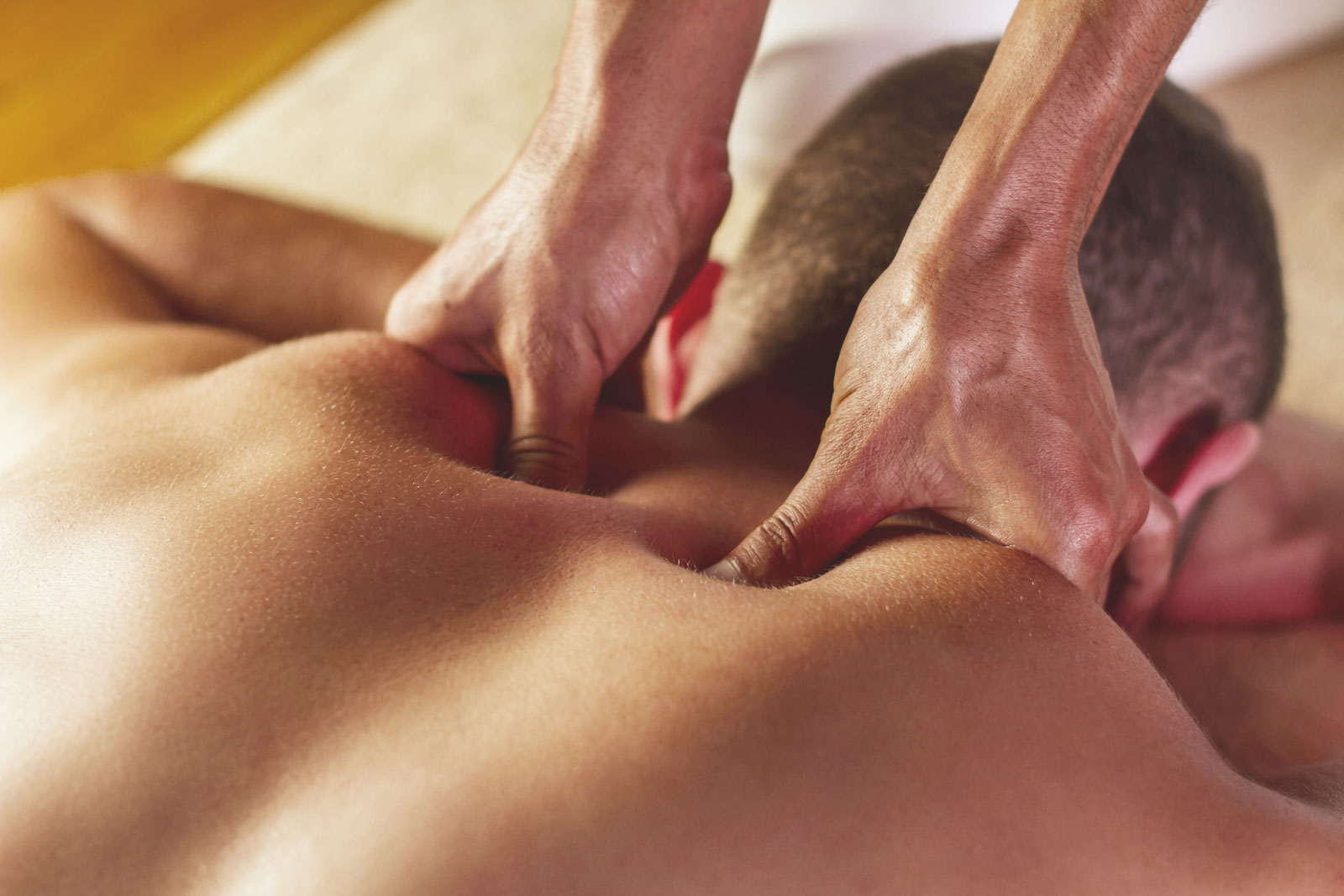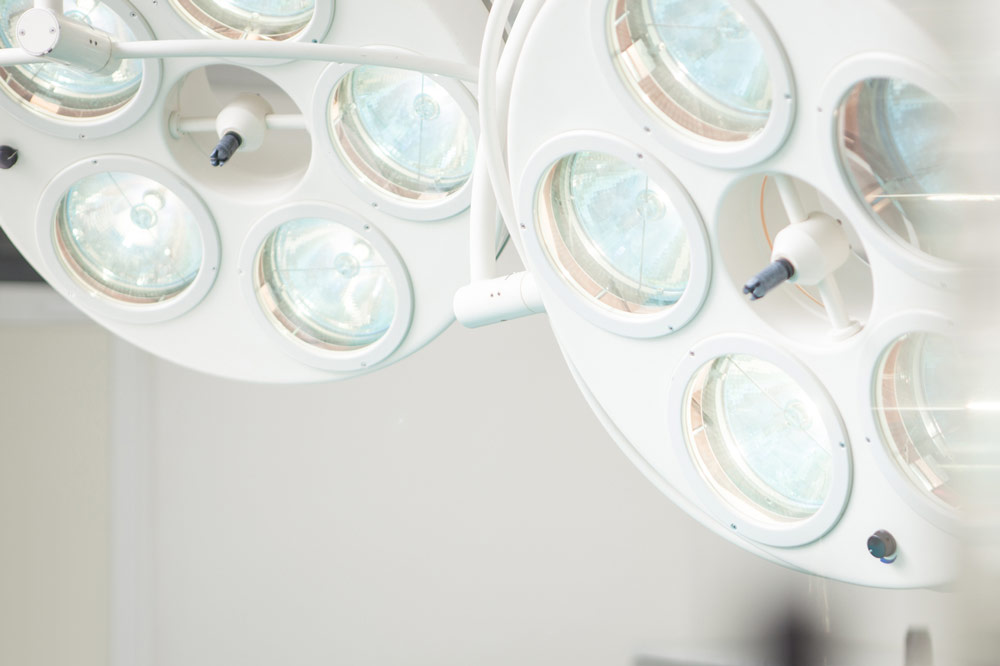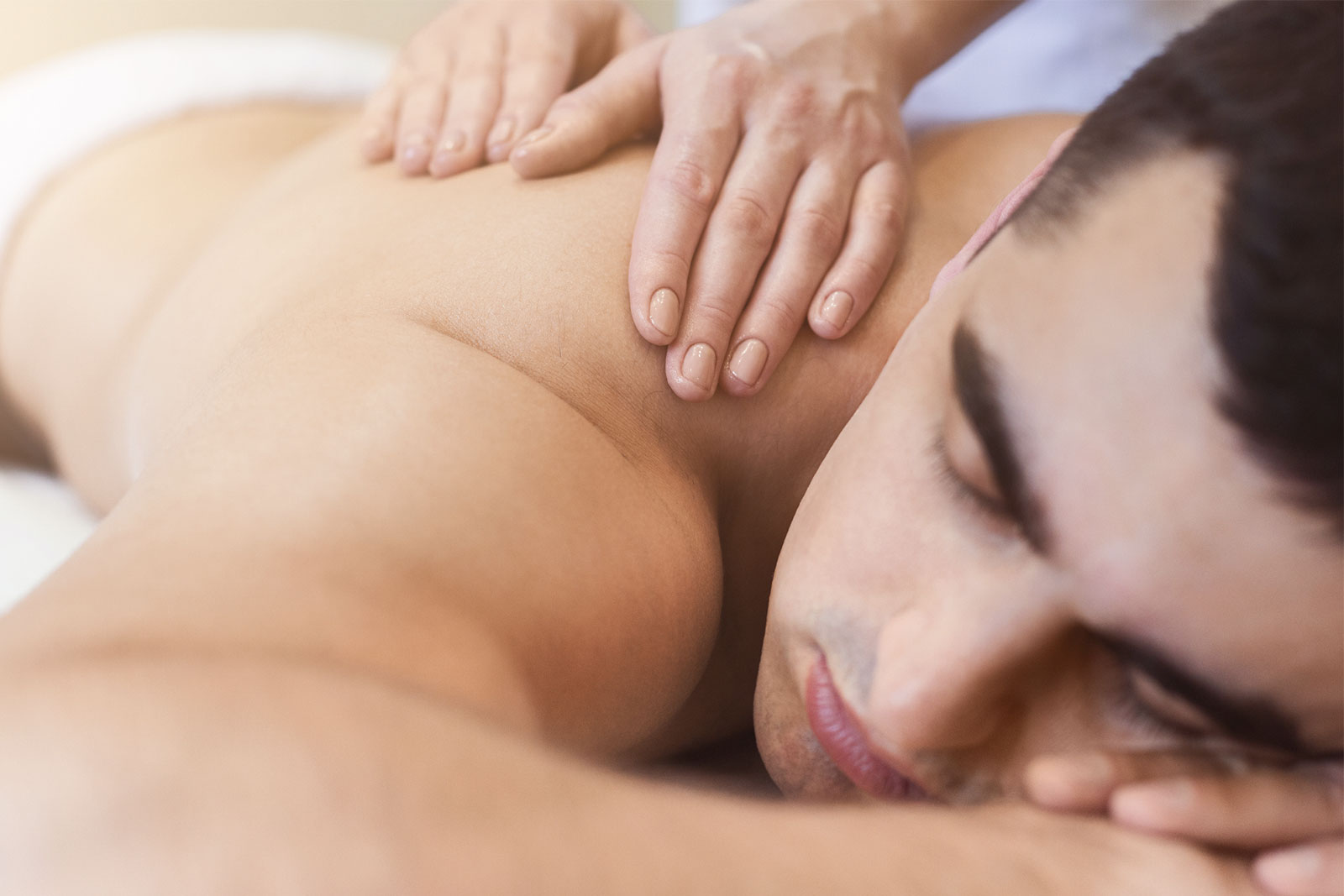
Patient Educational Resources
The Human Body’s Response to Massage: An Overview
Massage therapy has been practiced for thousands of years across various cultures, valued for its potential benefits to both the body and mind. In recent decades, scientific research has begun to unravel the complexities of how massage affects the human body, providing insights into its physiological and psychological impacts.
One of the most immediate effects of massage is the relaxation of muscles. When pressure is applied to the muscles during a massage, it helps to increase blood flow and promote the removal of metabolic waste. This can lead to a reduction in muscle tension and soreness, making the muscles feel more relaxed and less stiff.
Massage has been shown to activate the body’s natural pain relief mechanisms. The application of pressure and manipulation of soft tissues can stimulate the release of endorphins, which are natural painkillers produced by the body. Additionally, massage can inhibit the transmission of pain signals to the brain by stimulating sensory receptors in the skin and muscles. The very goal of medical massage is to reduce chronic pain and promote an active lifestyle, without the use or the diminished use of over-the-counter and prescription drugs.
Massage stimulates the circulatory system, enhancing blood flow and oxygen delivery to tissues. This improved circulation helps to nourish cells, support the removal of waste products, and promote overall cardiovascular health. Enhanced blood flow can also contribute to the healing of damaged tissues and the reduction of inflammation.
The lymphatic system, which plays a crucial role in immune function and fluid balance, benefits from massage as well. Massage techniques can help stimulate lymphatic drainage, which aids in the removal of toxins and excess fluids from the body. This can be particularly beneficial in reducing swelling and supporting the body’s natural detoxification processes.
Massage therapy can have a profound impact on the nervous system, promoting relaxation and reducing stress. It lowers levels of cortisol, a stress hormone, while increasing the release of serotonin and dopamine, neurotransmitters associated with feelings of well-being and happiness. This can lead to a reduction in anxiety and an improvement in mood.
Regular massage therapy has been linked to improvements in sleep quality. By reducing muscle tension and promoting relaxation, massage can help individuals fall asleep more easily and experience deeper, more restorative sleep. The calming effects of massage may also contribute to a more balanced sleep-wake cycle, and improved mood throughout the day. The relaxation induced by massage, combined with the release of feel-good chemicals in the brain, can help alleviate symptoms of depression and anxiety.
As research continues to explore the full extent of massage’s impact on the body and mind, this ancient practice remains a crucial component in the treatment of chronic pain.




